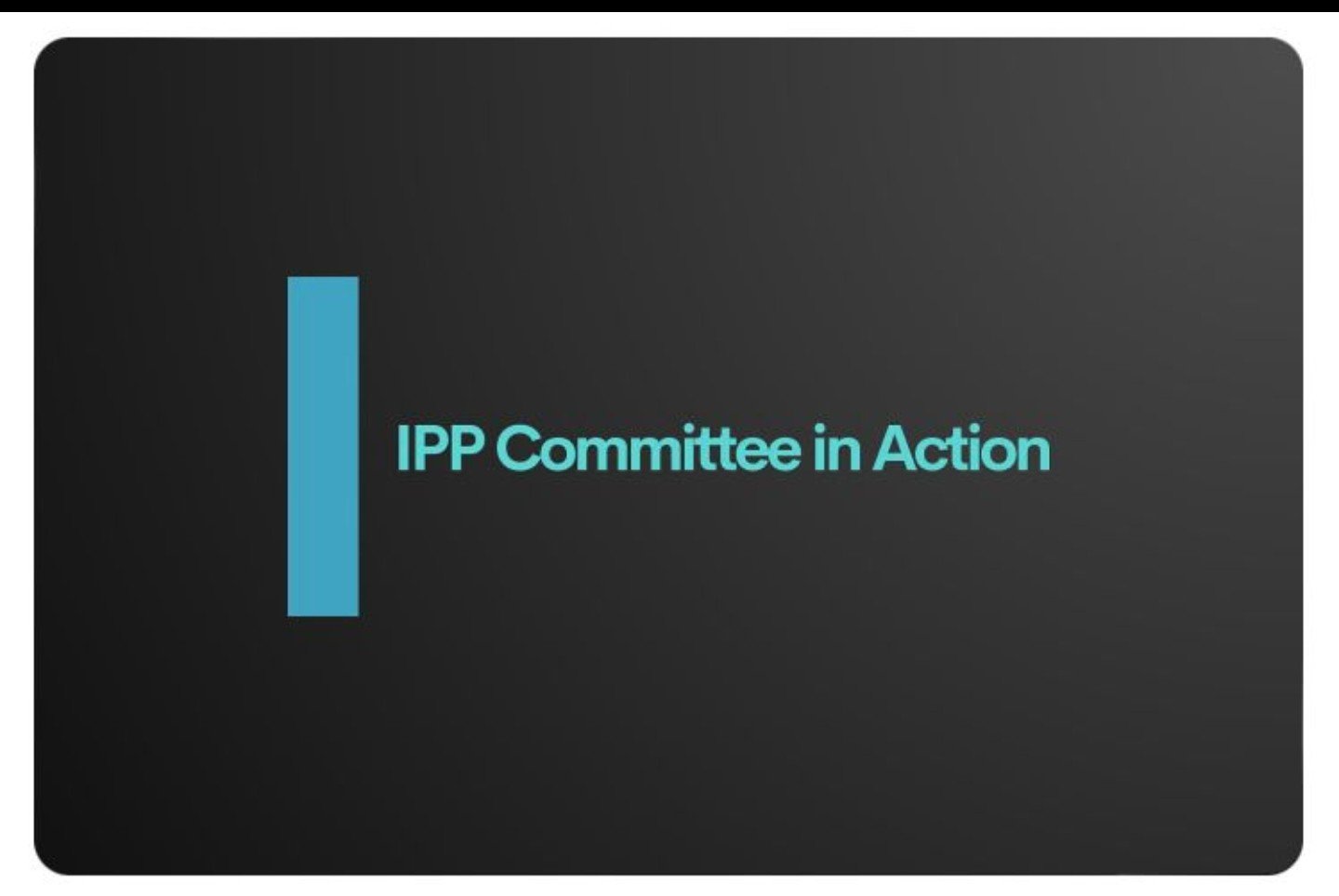THE IPP SENTENCE! WHEN IT WAS INTRODUCED AND ABOLISHED!
The Indeterminate Sentence for Public Protection (IPP) is a type of prison sentence introduced in the UK in 2005, aimed at protecting the public from offenders deemed to be dangerous but whose crimes did not warrant a life sentence. Under an IPP sentence, offenders were given a minimum term (tariff) that they had to serve, after which they could apply for release on parole. However, there was no automatic release after the tariff, and they could remain in prison indefinitely until they were deemed no longer a risk to the public.
Key points of the IPP:
Tariff period: The minimum time the prisoner must serve, set by the court based on the severity of the offence.
Post-tariff detention: After the tariff, the prisoner remains in custody until the Parole Board is satisfied they no longer pose a significant risk.
Release conditions: If released, IPP prisoners are on license for at least 10 years and can be recalled to prison if they breach the terms.
Issues with IPP sentences:
Thousands of prisoners ended up serving much longer than their tariffs, sometimes by many years.
The sentence became controversial due to the lack of clear guidance on how prisoners could demonstrate they were no longer a risk, leading to criticisms of unfairness.
The IPP sentence was abolished in 2012, but this change was not applied retrospectively. As a result, many prisoners sentenced before 2012 remain in custody on IPP sentences.
